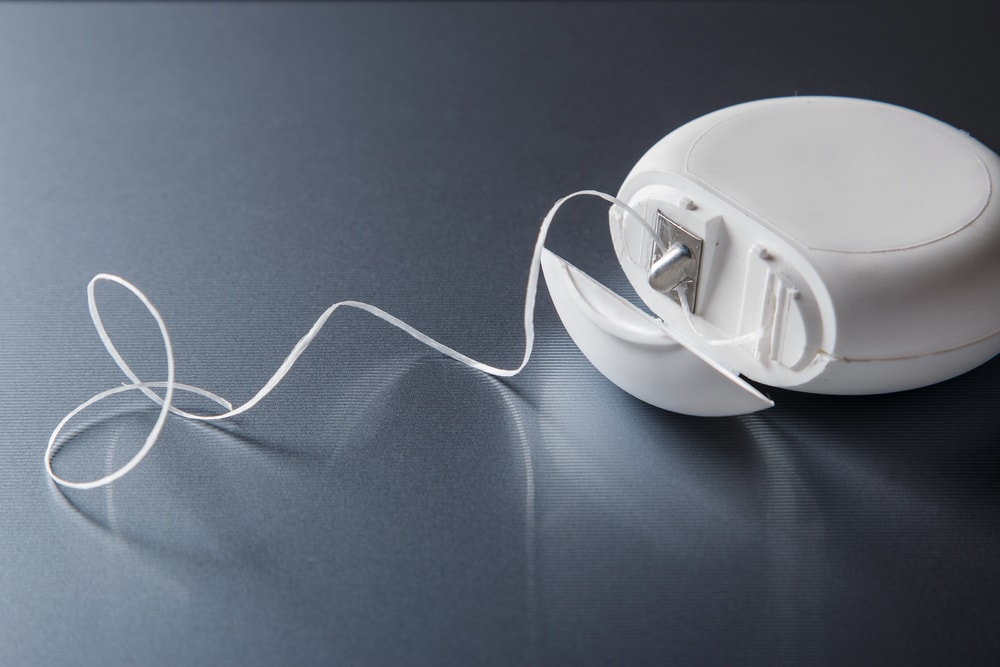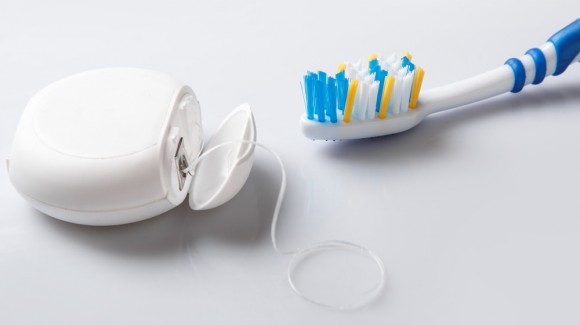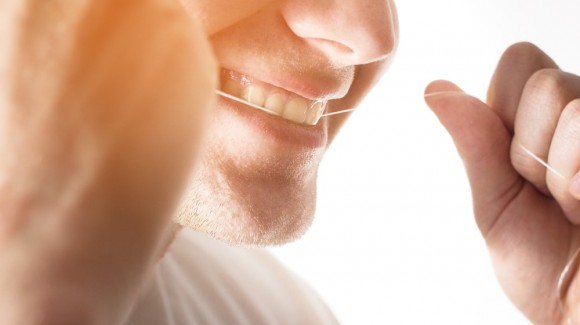
If you’re like many people, brushing takes center stage of your regular oral health routine and flossing often falls by the wayside. Maybe it’s because of uncomfortable tooth spacing or sensitive gums make an already tricky task even harder. Having the right floss or interdental cleaning tools can make all the difference for your oral health. With so many types of floss available, however, selecting the right floss for your teeth can be a challenge. Here’s what you need to know about the different types of floss so you can find the right one for you!
Wax On or Wax Off
When selecting dental floss, don’t get too caught up in the debate about whether waxed or un-waxed floss is more effective. Studies show that the plaque cleaning abilities of both options are comparable. The decision comes down to preference. If you like a woven option that tends to be thicker, more power to you! While some people may experience additional sensitivity with waxed options, some people can use either type without incident.
Have Fun with Flavor—or Don’t
From traditional mint and cinnamon to wackier bubble gum and bacon, floss flavor runs the gamut as well. This is another characteristic that doesn’t much matter in terms of overall effectiveness. Choose a favorite flavor or an unflavored variety, whichever is more likely to encourage you to make flossing a regular habit.

Size Might Matter
Different floss thicknesses can make the task easier depending on how close your teeth are to one another. If one size makes it difficult to thread the floss between each tooth, consider getting a thinner option. Dental tape, sometimes considered to be a “starter floss” of sorts, can be easier to use because it’s thinner than traditional floss.
Floss Isn’t Your Only Option
In addition to the previously mentioned dental tape, there are other interdental cleaners that might make it easier or more pleasant to get the job done. For those who don’t like sticking both hands in their mouth, pre-threaded floss or dental picks might be better options. The American Dental Association lists “tiny brushes that reach between the teeth, water flossers, or wooden plaque removers” as other appropriate alternatives to traditional floss.

Whichever you choose, it’s important to take the time to carefully floss each day. Your teeth and gums are sure to thank you for reducing plaque and preventing more serious future problems. Regular dental checkups and cleanings are the best way to supplement daily brushing and flossing habits. For the best care and more information about your specific needs, schedule an appointment with Dr. Marostica at Tigard TenderCare Dental. Our team of dental professionals are dedicated to providing the best dental care in a calm and relaxing environment.

Leave a Reply